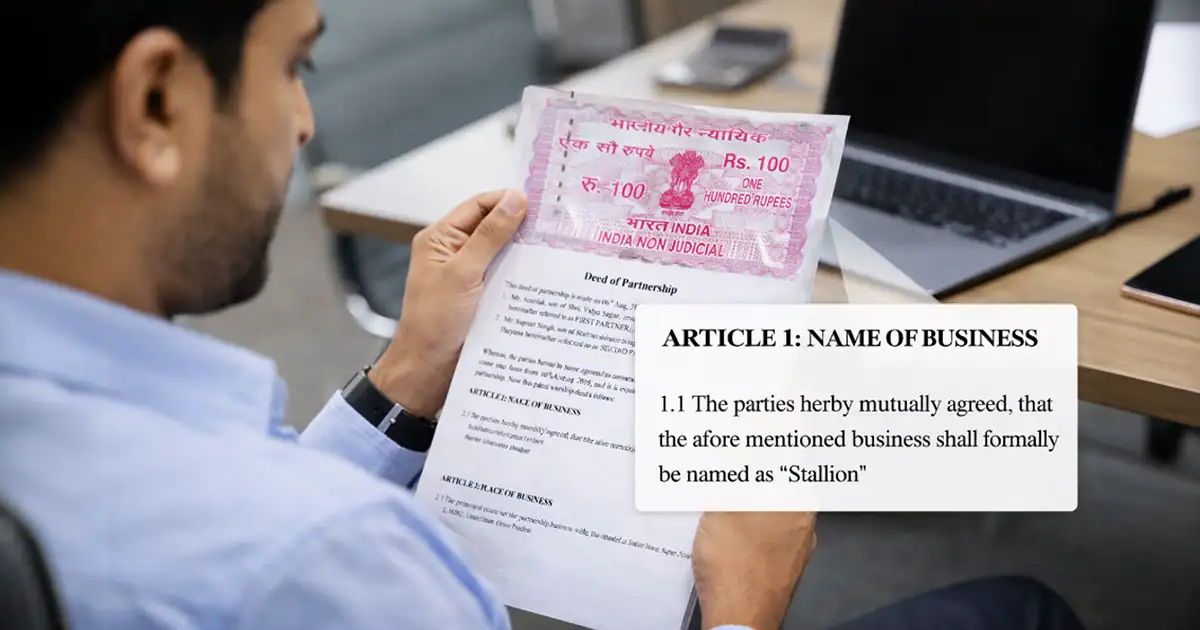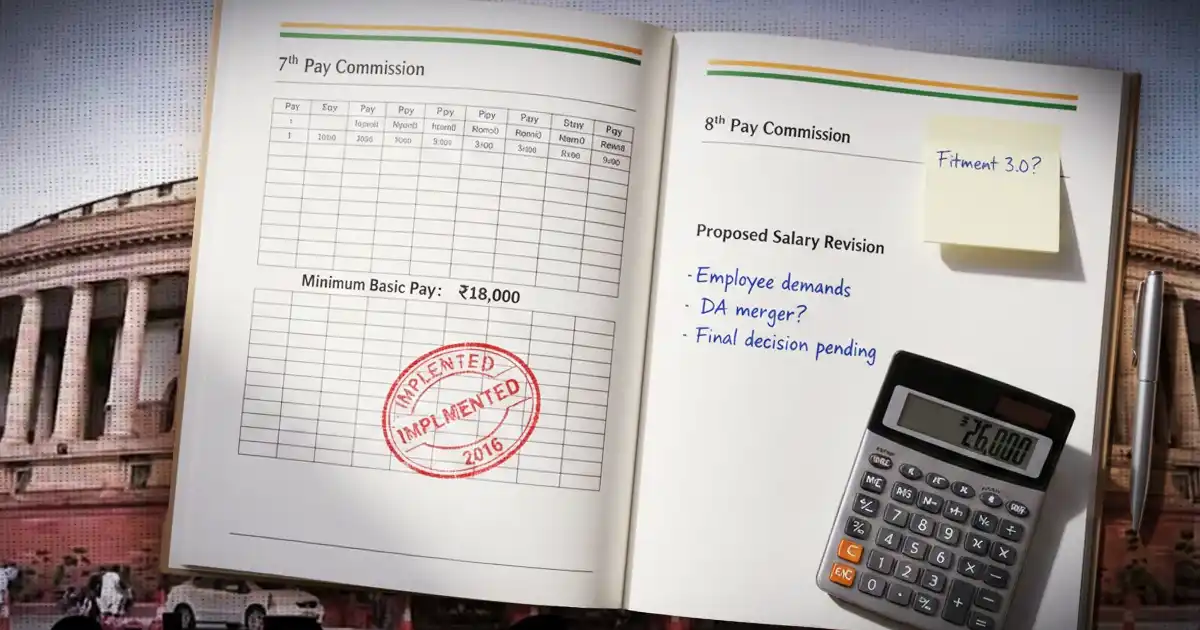A Director Identification Number (DIN) is a unique number assigned to an individual who is or intends to become a director. Initially, this was a one-time process using Form DIR-3. However, the Ministry of Corporate Affairs (MCA) later amended the rules, now requiring all DIN holders to annually submit their Know Your Customer (KYC) details using Form DIR-3 KYC.
Form DIR-3 KYC is used by individuals holding a Director Identification Number (DIN) to annually update and verify their details with the Ministry of Corporate Affairs (MCA). This mandatory "Know Your Customer" compliance ensures the accuracy of director data in the MCA's registry, promotes transparency in corporate governance, and helps prevent fraudulent activities by keeping records up-to-date.
Difference Between Form DIR-3 KYC and DIR-3 KYC Web
The MCA in India mandates annual KYC compliance for all individuals holding a DIN. This is done through two forms: DIR-3 KYC and DIR-3 KYC Web. While both serve the purpose of director KYC, they are used in different scenarios.
Here's a tabular comparison:
| Feature | Form DIR-3 KYC | DIR-3 KYC Web |
| Purpose | 1. First-time KYC filing for a DIN holder. | Annual confirmation of KYC details for existing DIN holders. |
| 2. Updating existing KYC details (e.g., change in name, address, father's name, etc.). | ||
| Applicability | - Individuals filing KYC for the first time. | - Individuals who have already filed eForm DIR-3 KYC in previous financial years. |
| - Individuals who need to update any of their KYC details, including mobile number or email ID. | - Individuals whose KYC details (especially mobile number and email ID) have not changed from the previous filing. | |
| Data Entry | Requires fresh entry of all KYC details | Pre-fills most of the details from the MCA database. Only the mobile number and email ID need to be verified. |
| Attachments | Requires uploading of supporting documents such as PAN, Aadhaar, Passport, Address Proof, etc. | Generally does not require fresh document uploads unless specific changes necessitate it. |
| Verification | Requires OTP verification for mobile and email, and digital signature of the director and a practicing professional (CA/CS/CMA). | Primarily requires OTP verification for mobile and email. |
| Complexity | More detailed and requires careful filling with supporting documents. | Simpler, quicker, and more streamlined, as most details are pre-filled. |
| Due Date | Annually, generally on or before September 30th of the immediate next financial year (for DIN holders as of March 31st of the financial year). This applies to both forms. | Annually, generally on or before September 30th of the immediate next financial year. |
| Penalty for Late Filing | INR 5,000 for late filing, leading to deactivation of DIN. | INR 5,000 for late filing, leading to deactivation of DIN. |
Purpose of the Form DIR-3 KYC
The primary purpose of Form DIR-3 KYC is to:
- Ensure Data Accuracy: Maintain an accurate and current registry of directors with the Ministry of Corporate Affairs (MCA).
- Enhance Transparency: Improve corporate governance by verifying the identity and contact information of directors.
- Prevent Fraud: Help deter the formation of shell companies and the misuse of Director Identification Numbers (DINs) by fraudulent individuals.
- Maintain an Active DIN: Ensure a director's DIN remains 'Active,' which is essential for all company-related filings and appointments.
Legal Provisions
The legal provisions governing the filing of Form DIR-3 KYC are primarily found in the Companies Act, 2013, and, more specifically, the Companies (Appointment and Qualification of Directors) Rules, 2014.
- Rule 12A of the Companies (Appointment and Qualification of Directors) Rules, 2014:
This is the cornerstone provision. It explicitly states that:
-
- Every individual who holds a Director Identification Number (DIN) as on 31st March of a financial year as per these rules shall submit e-form DIR-3-KYC to the Central Government on or before 30th September of the immediate next financial year.
It also includes provisions for:
-
- Individuals who have already submitted the e-form DIR-3 KYC in a previous financial year are allowed to file the simpler web-form DIR-3 KYC-WEB for subsequent years, provided their details haven't changed.
- Updating personal mobile numbers or email addresses by submitting the e-form DIR-3 KYC.
- The fee for updating the mobile number or email again during the financial year after the initial update.
- Rule 11(2) and (3) of the Companies (Appointment and Qualification of Directors) Rules, 2014: These rules deal with the cancellation or surrender of DIN and the consequences of not complying with the KYC requirements, including deactivation of the DIN.
- Companies (Registration Offices and Fees) Rules, 2014: These rules prescribe the fees payable for various forms and filings, including the penalty fee of INR 5,000 for late filing of DIR-3 KYC.










